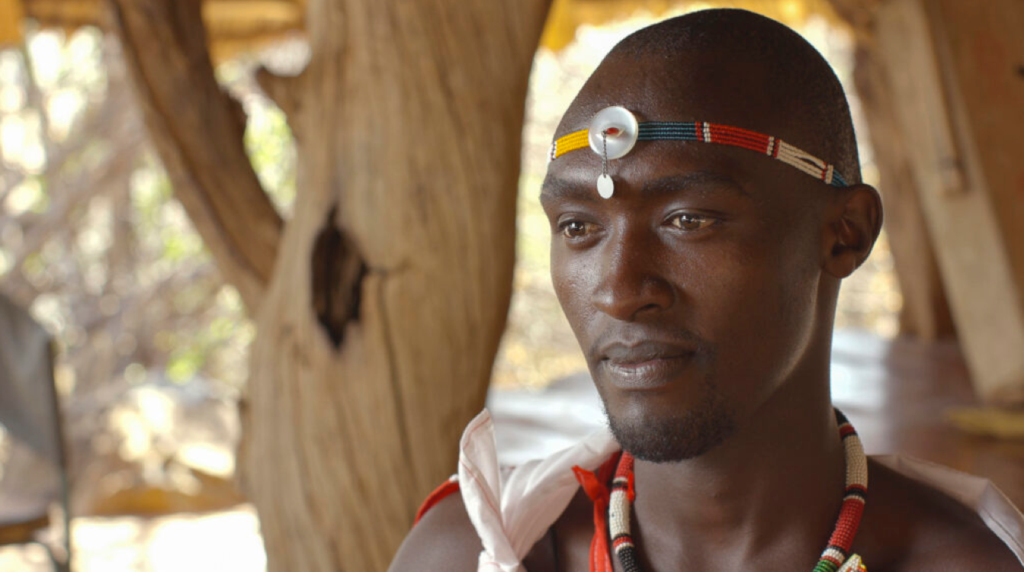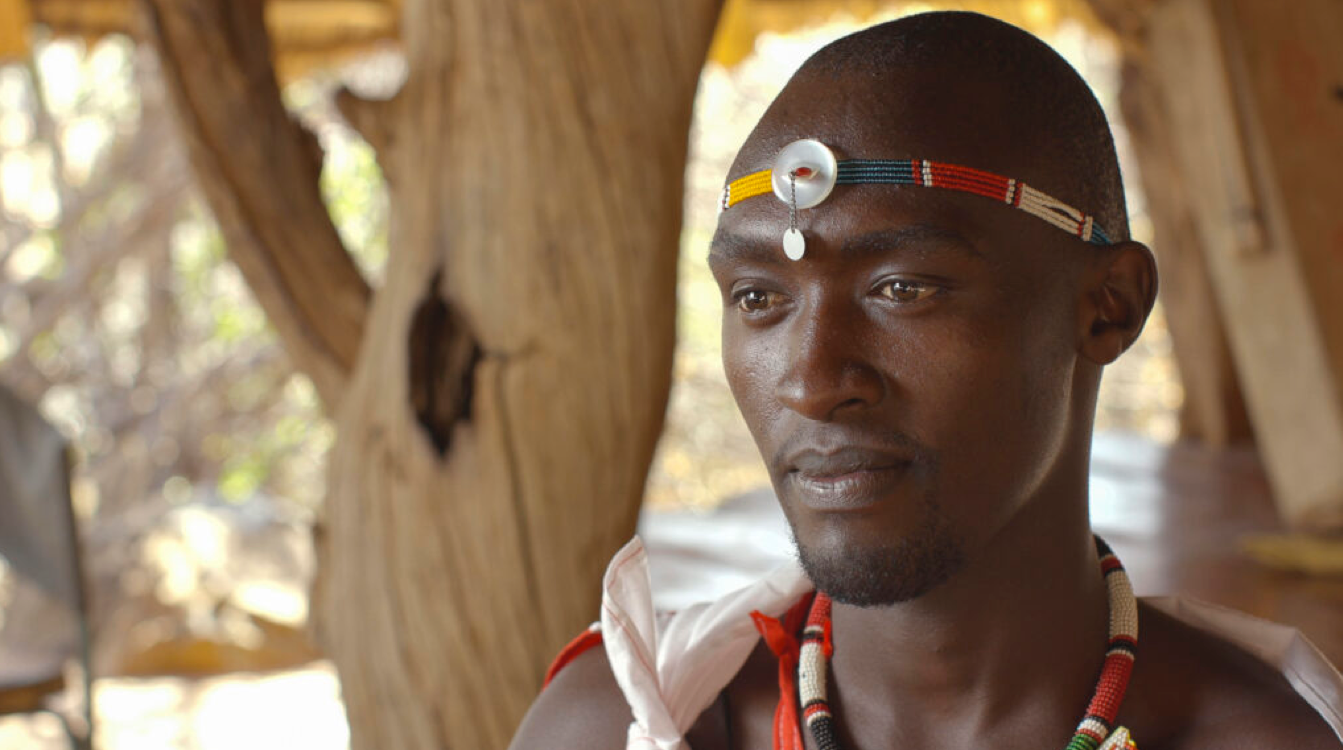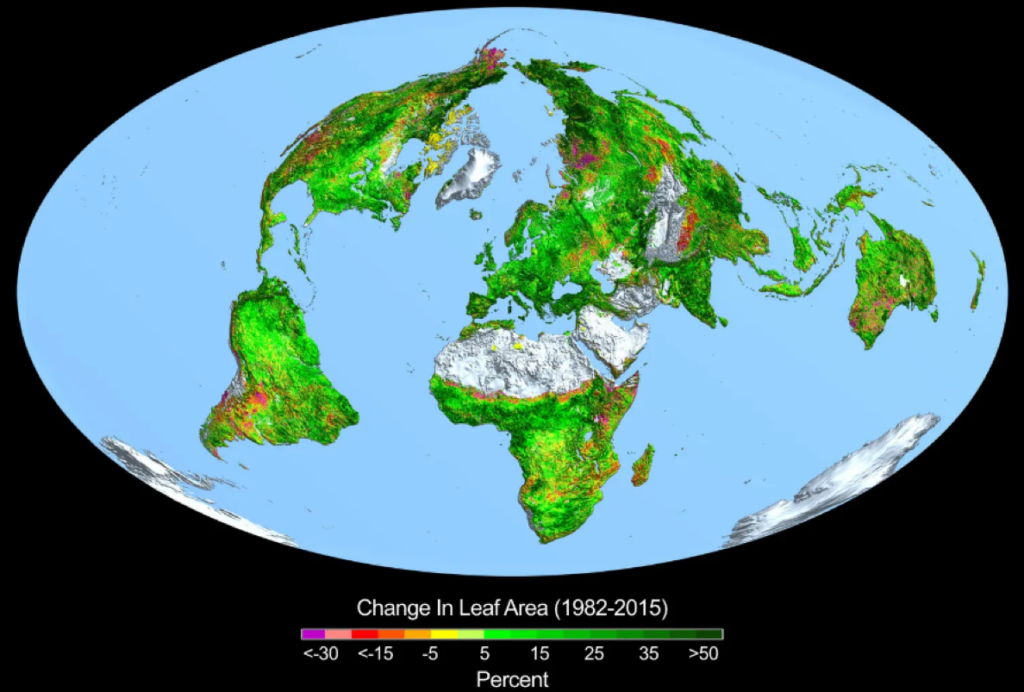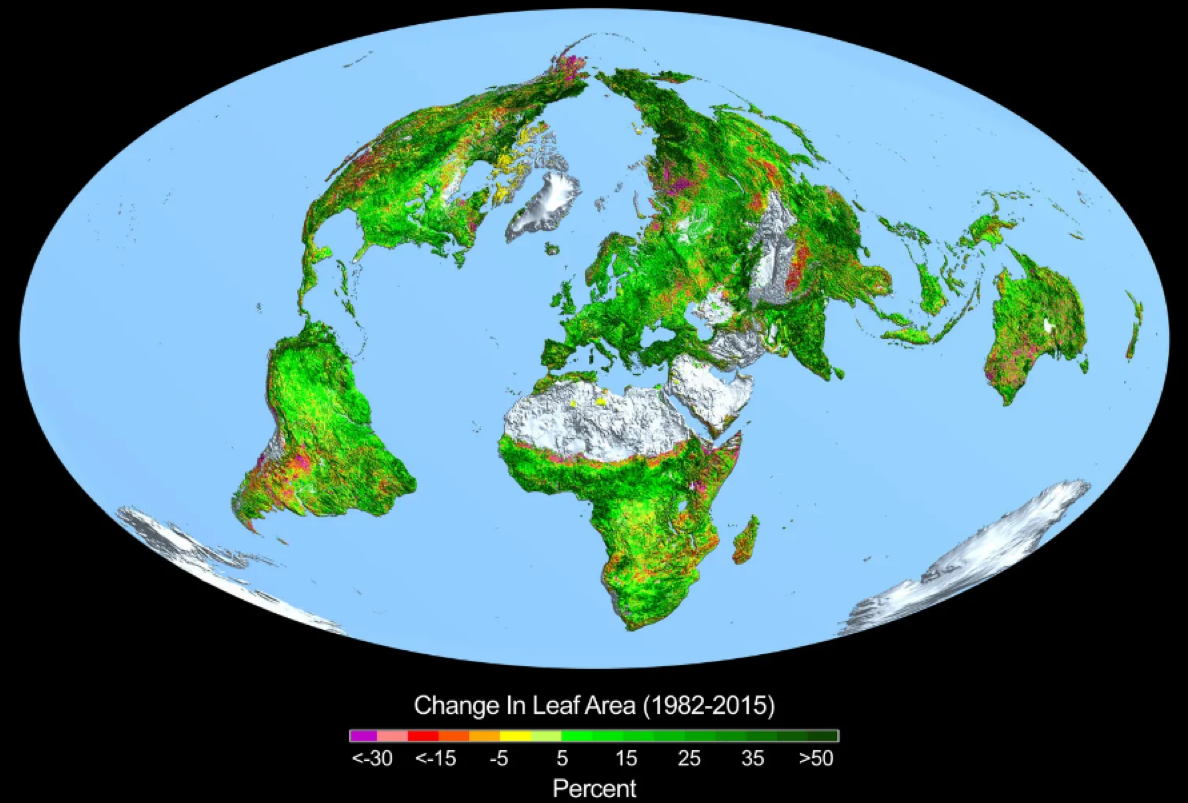A world without cows
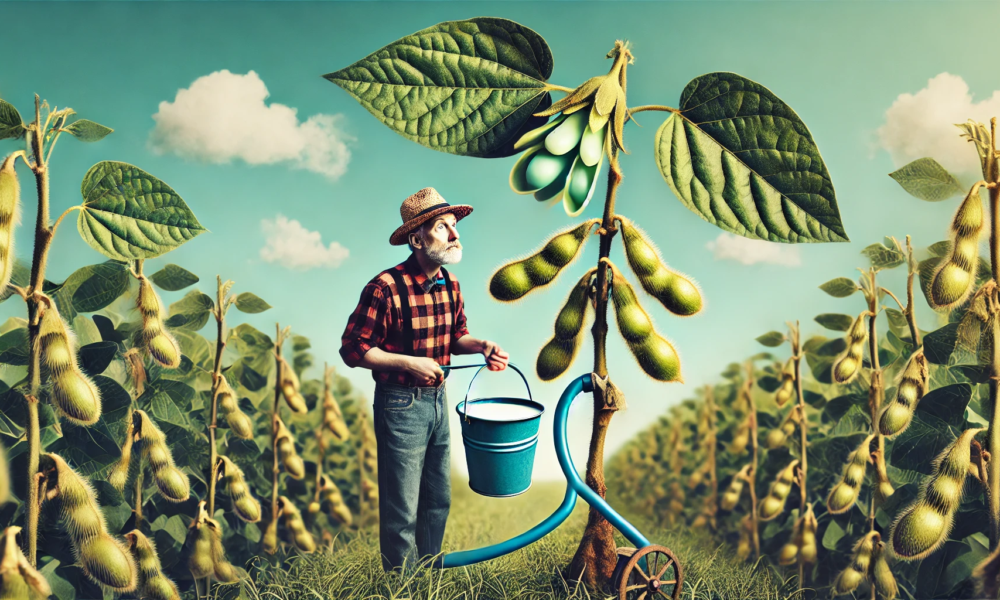
Independent Contributor
A couple of weeks ago I was privileged to be invited to a screening of ‘World Without Cows’, produced by my ex-employer Alltech, a global animal nutrition company.
https://youtu.be/nz4D7CIXZ5Y (Trailer 1m30s)
The documentary looks at all sides of the argument from the vegan’s valid point that meat from ruminants does require more inputs of both water and fodder to produce a kilo of protein than straight plant based proteins, to interviewing some of the 100 million plus farmers across Africa and India who milk 4-6 cows each with a carbon footprint only 10% of the average Westerner.
The powerful statement below is mirrored by the 100 million small farmers across the poorer arable regions of the planet. Never mind the 20,000 farmers across NZ and Australia with their rotary cowsheds, automated feeding and 200HP tractors. This is the real world that doesn’t need to change and supports millions.
I genuinely wish I had Joels passion for cows….. he likely has 10-20, I have 700 and…well…I like them but have very little trouble living without them, lets accept a large cultural factor here…or is that just an excuse…?
Fake news has led to this crazy statement the documentary attempts to unravel.
On April 22-24 I attended the Global Ag Investment conference in New York and apart from a short segment on Dairy farming, livestock was hardly mentioned. The common theme being many funds and fund managers aversion to animal welfare related media risks. Pension fund managers cannot have their investors seeing a random social media video showing cows in winter mud or skinny beef cows and sheep in a drought, or their ass is grass and TikTok the lawnmower.
Key facts
- 1 in 10 people depend on cows for their livelihoods. That is 800 million people.
- $1 trillion – Estimated global market value of cattle and associated industries.
- Land use challenges of all the agricultural land in the world, only 1/3 can grow crops (arable), while 2/3 is not fertile enough and is used to graze livestock (marginal).
- 5-7% of GHG emissions – Cows contribute between 5-7% of all greenhouse gas emissions. Fossil fuels contribute 78%.
The last point on its own should logically negate persecuting cows, the reality is Fossil Fuels and human consumption of them is to blame, and using common sense the best place to start if you believe the world is going to end.
Cows not only feed us, but they also fertilise low fertility areas when managed well, the key to regenerative pastoral grazing being rotational grazing, which millions of bison in America did all by themselves for centuries in following weather and growing patterns. Nowadays it generally costs a fraction of income to fence farm’s or use new technology like virtual fencing.
Those with climate change paranoia forget to mention Global Greening, and this graphic from Boston University, backed up by NASA data shows the world is approximately 20% greener than it was 40 years ago, carbon dioxide fertilisation explains 70% of the greening effect. Whilst cows produce methane quickly, decaying vegetation also produces methane and CO2!
In summary the vegans have a point, a lot of protein rich crops require only a fraction of the water and inputs beef, and lamb do. But on the 2/3 of land that isn’t arable, animals serve a very real purpose both in regenerative agriculture and the 1 billion people they support. Ruminants are recycling their methane; the key is not one or the other but balance.
Pester your local Alltech rep if you want to see the full version of ‘World without Cows’.

